The Siegfried Idyll—this title apparently dates from a performance in Meiningen in 1877—remains Wagner's only instrumental work that is regularly played. The main theme is a generous and lilting melody sung by Brünnhilde in act 3 of Siegfried to the words beginning "Ewig war ich" (I always was, I always am, always in sweet yearning bliss). Wagner claimed that this music came to him during the summer of 1864 at the Villa Pellet, overlooking Lake Starnberg, where he and Cosima consummated their union. (He is contradicted, however, by his own obsessive record keeping: the melody was composed that November 14, when he was alone in Munich.) A second theme, introduced by the oboe, is a lullaby Wagner jotted down on New Year's Eve 1868. The music is unusually intimate and restrained for a composer who lived a life of excess. It's the most personal of all his works: the title page of the published score refers to "Fidi-Birdsong and Orange Sunrise"; Fidi was a favorite nickname for little Siegfried, and the sunrise was the "incredibly beautiful, fiery glow," in Cosima's words, of the wallpaper in his room when it was struck by the morning sun. More than any other of Wagner's scores, the Siegfried Idyll marries the private and public sides of the most famous composer of the nineteenth century. The Siegfried of the title is both the third music drama of the Ring cycle and Wagner's son—who was destined to carry his father's name and beaked silhouette into the next century.
Read the rest here
Wagner, Siegfried Idyll
Part 1
Part 2
15 June 2011
Subscribe to:
Post Comments (Atom)










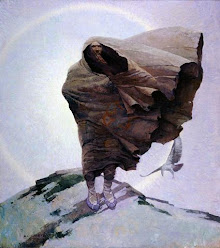













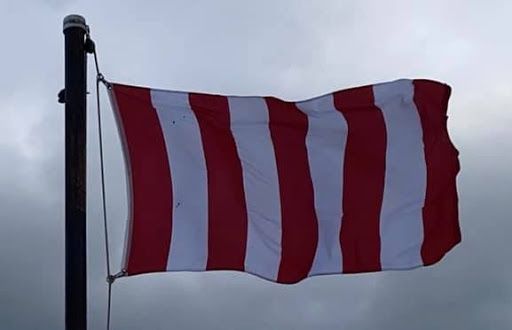
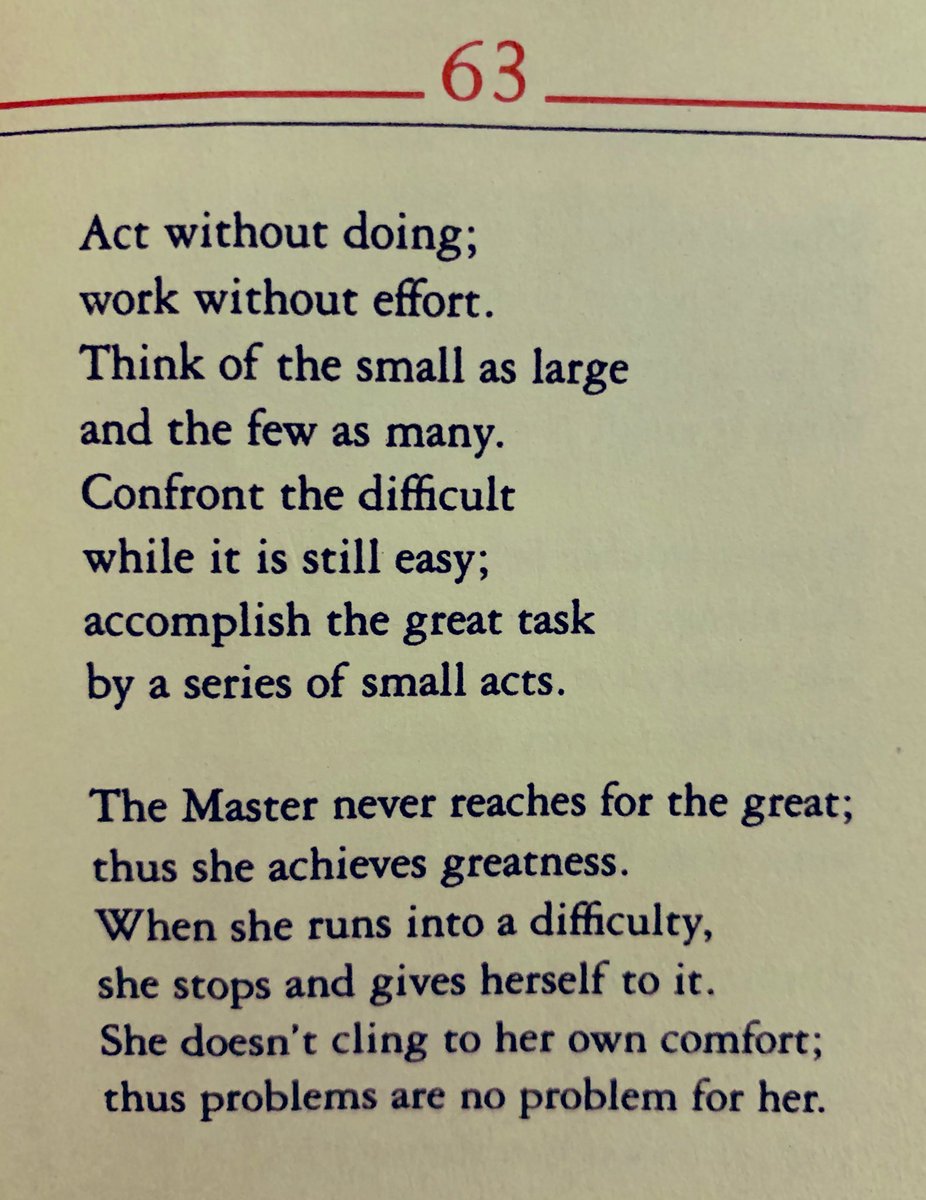









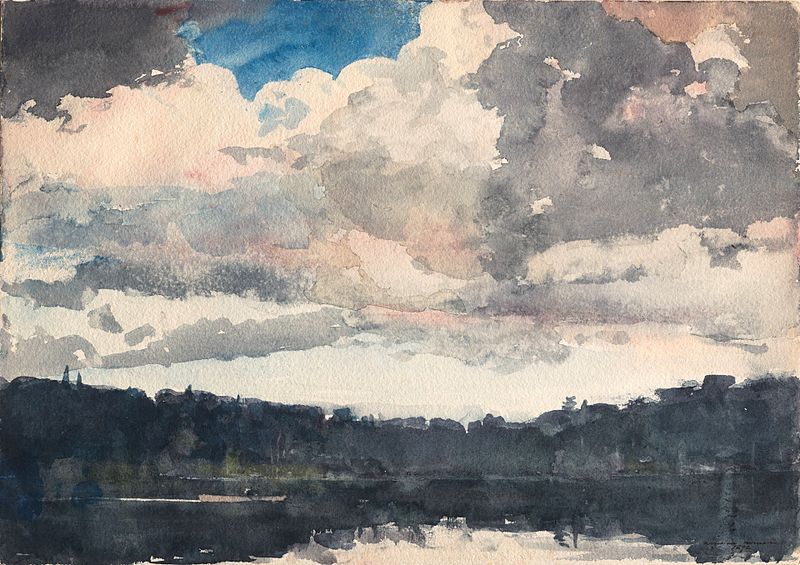





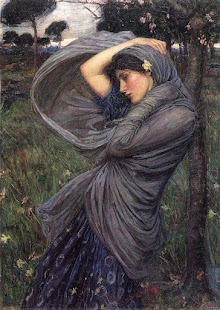












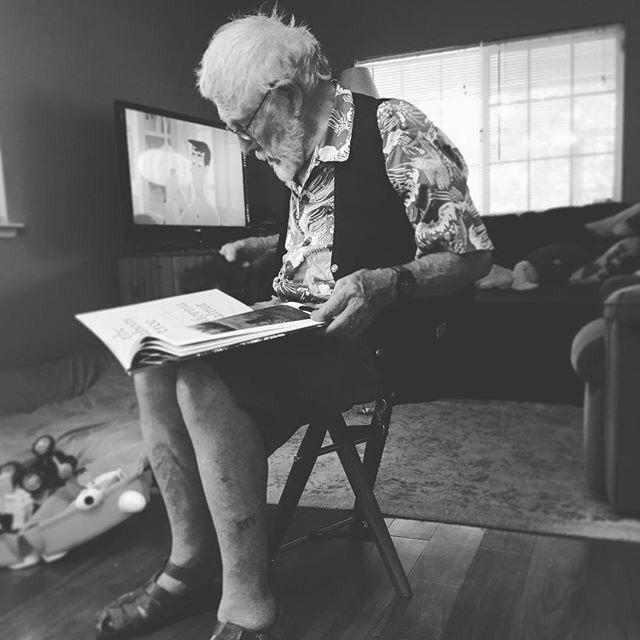

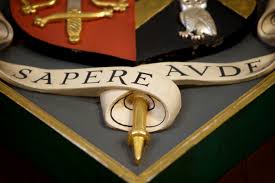






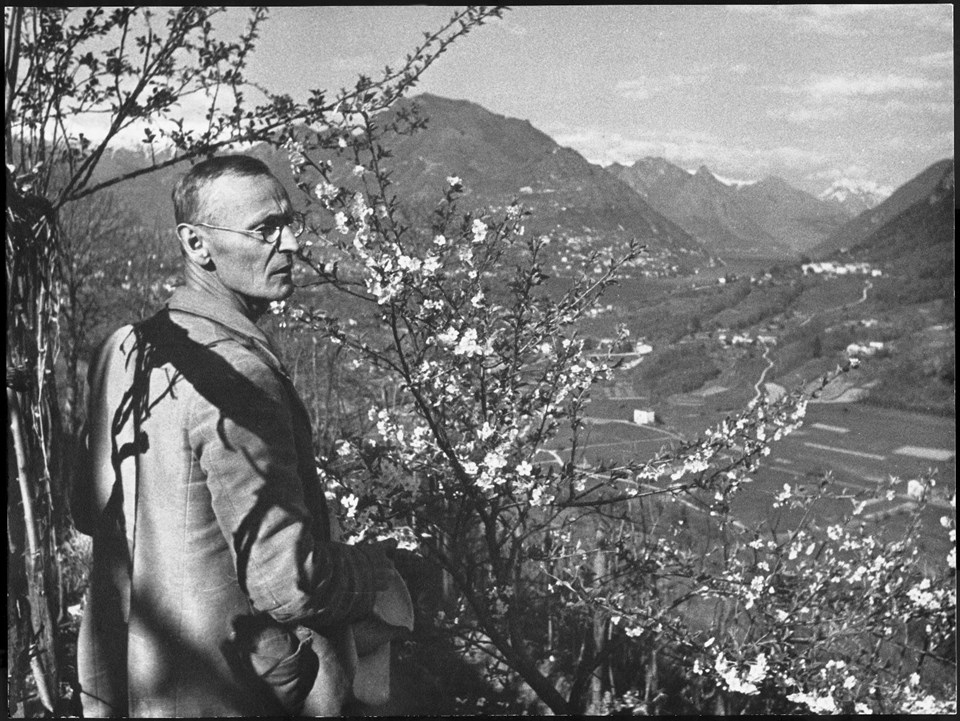


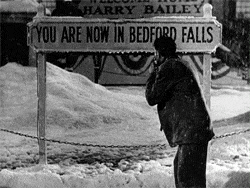







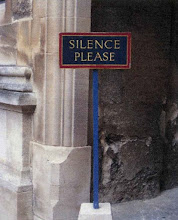









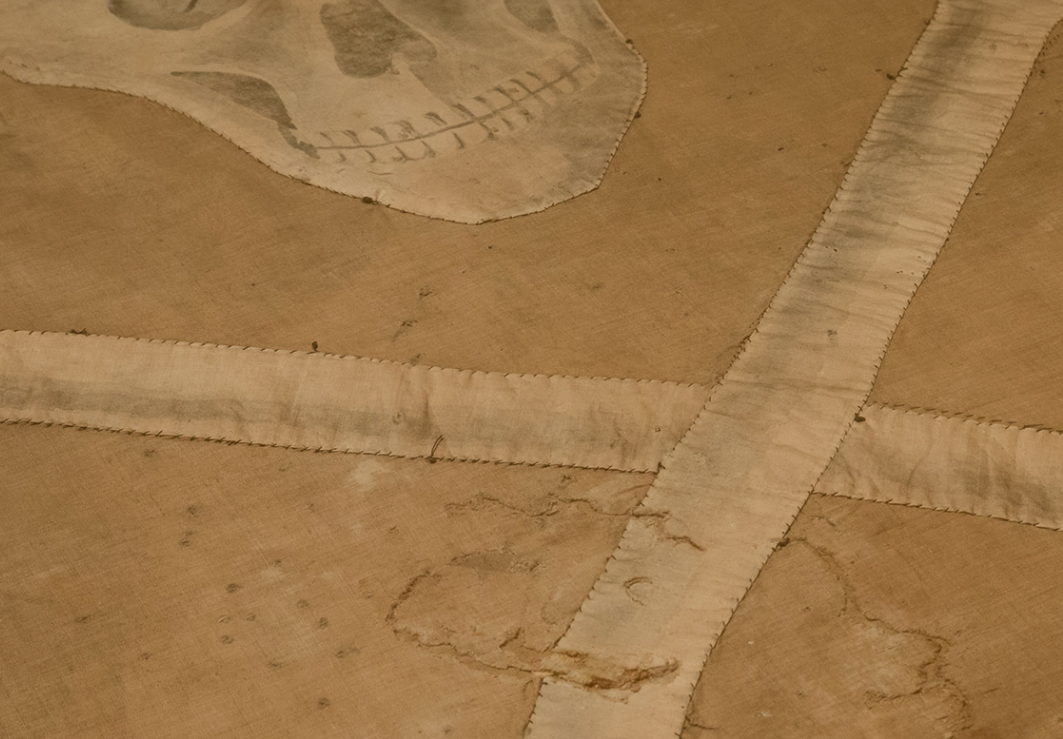

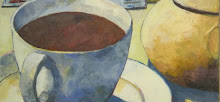
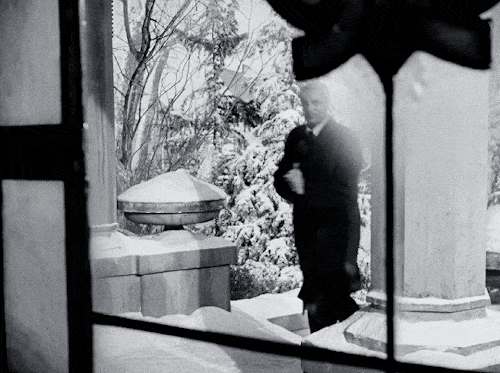


















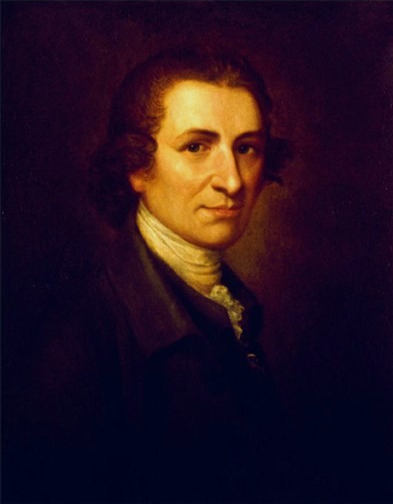


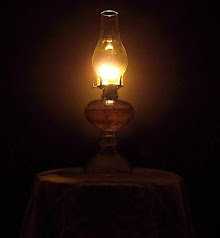







No comments:
Post a Comment